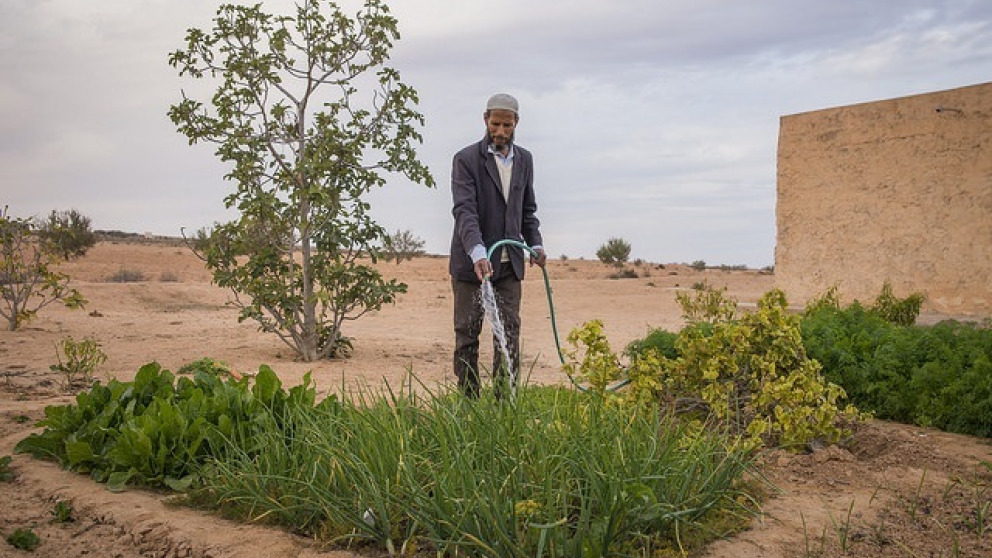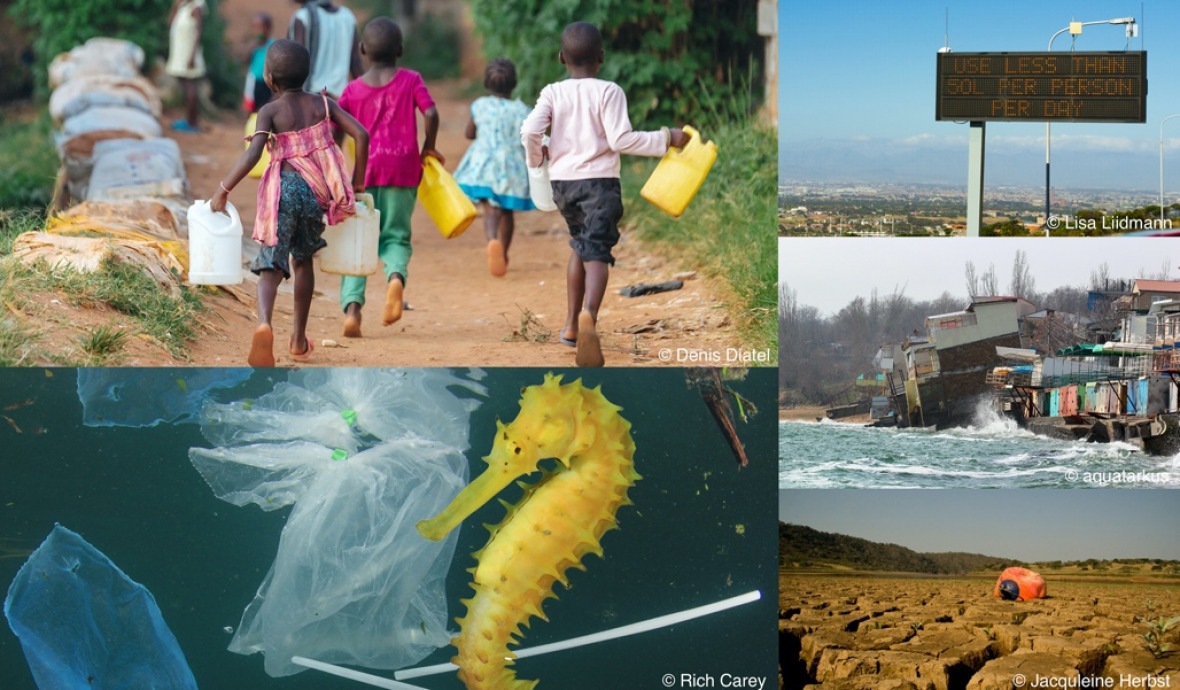The Changing Hydrosphere: Call for Applications to the 2020 Potsdam Summer School
18.02.2020
On 17 – 26 August 2020 the seventh Potsdam Summer School will explore the theme of “Water: Our Global Common Good – The Hydrosphere across Land and Sea”. Early-career scientists and young professionals from the private sector, governmental agencies and non-governmental organisations are invited to apply for a place at the summer school by 17 April.

Whether frozen, liquid or vaporous, water is the single most precious resource on our planet. The so-called hydrosphere – the combined mass of water found on, under and above the Earth's surface – spans the world’s oceans, rivers, lakes, ground- and soil water and atmospheric water vapour. Water creates unique habitats for animal and plant-life. As well as providing societies with food and drinking water supplies, the hydrosphere is an important renewable energy resource and provides benefits for health and well-being, cultural values, tourism, trade, and transport. The hydrosphere interacts with each of the 17 United Nations Sustainable Development Goals (SDGs) and is a major indicator for the state of our planet.

An interactive and transdisciplinary learning experience
In 2020 the Potsdam Summer School will explore the influence of the state of the hydrosphere on humankind and vice versa. Interactive learning formats will enable participants to gain a better understanding of the state of the hydrosphere as they cooperate on the development of possible solutions to challenges at the local, regional and global level.
Coastal environments, small islands and polar areas are particularly vulnerable to changes in the hydrosphere such as sea level rise and worsening marine pollution. Roughly 680 million people currently live on or near coastlines at low elevations. According to IPCC projections, coastal populations will exceed one billion by 2050.
The programme will focus on three key areas:
- Heavy precipitation, flooding, sea level rise
- Extreme droughts, exploitation of drinking water
- Pollution, accessibility of drinking water, sanitation
The Summer School will bring together expertise from various scientific disciplines and societal stakeholders. The following questions will take centre-stage in the programme:
- What do we know – and don’t know – about the role of the hydrosphere within the earth system?
- Who are stakeholders and actors in terms of hydrosphere services?
- How can multiple perspectives be merged into integrated strategies?
- What can be done on a local, regional and global level?
- How can we prevent political conflicts?
- How can scientists address audiences from all societal areas?
This year’s Potsdam Summer School will continue the series of transdisciplinary and interactive events held annually in Potsdam since 2014. The aim of the Potsdam Summer School is to bring together talented early-career scientists as well as young professionals from the private sector, governmental agencies and non-governmental organisations from many different parts of the world to explore issues around future sustainable development. The programme will include contributions from experts, stakeholders, and guest lecturers from high level national and international institutes and organisations.
In partnership with Geo.X and the City of Potsdam, the 2020 Potsdam Summer School will be jointly organised by the University of Potsdam, the Helmholtz-Centre Potsdam – GFZ German Research Centre for Geosciences, Alfred Wegener Institute, Helmholtz Centre for Polar and Marine Research (AWI), the Potsdam Institute for Climate Impact Research (PIK), and the IASS.
Applications may be submitted through to 17 April 2020. For further information: https://potsdam-summer-school.org/
